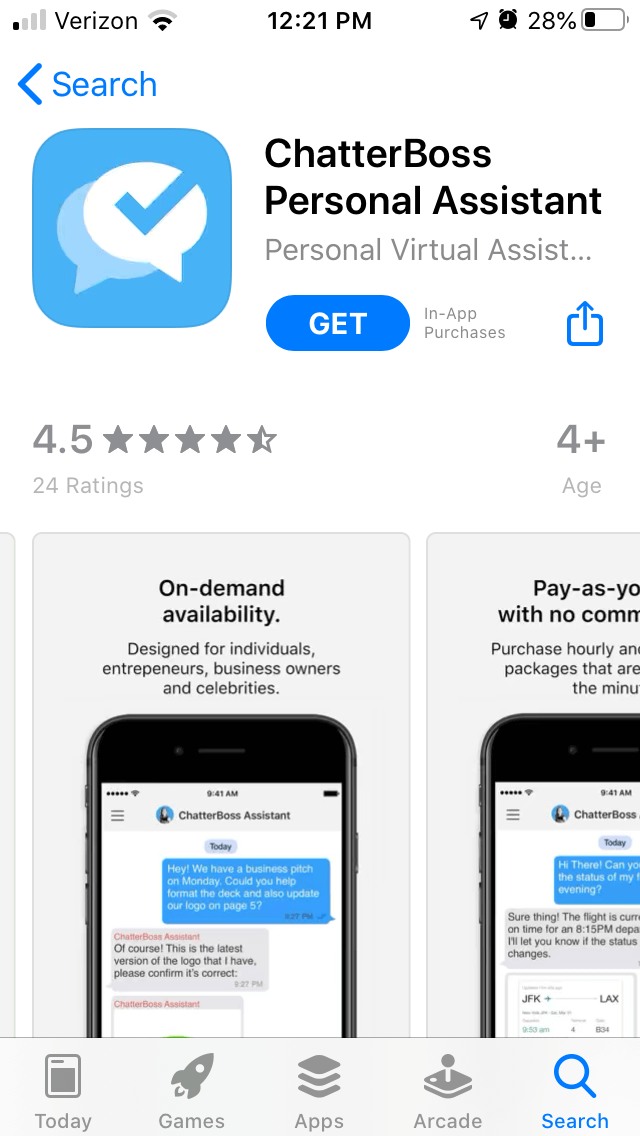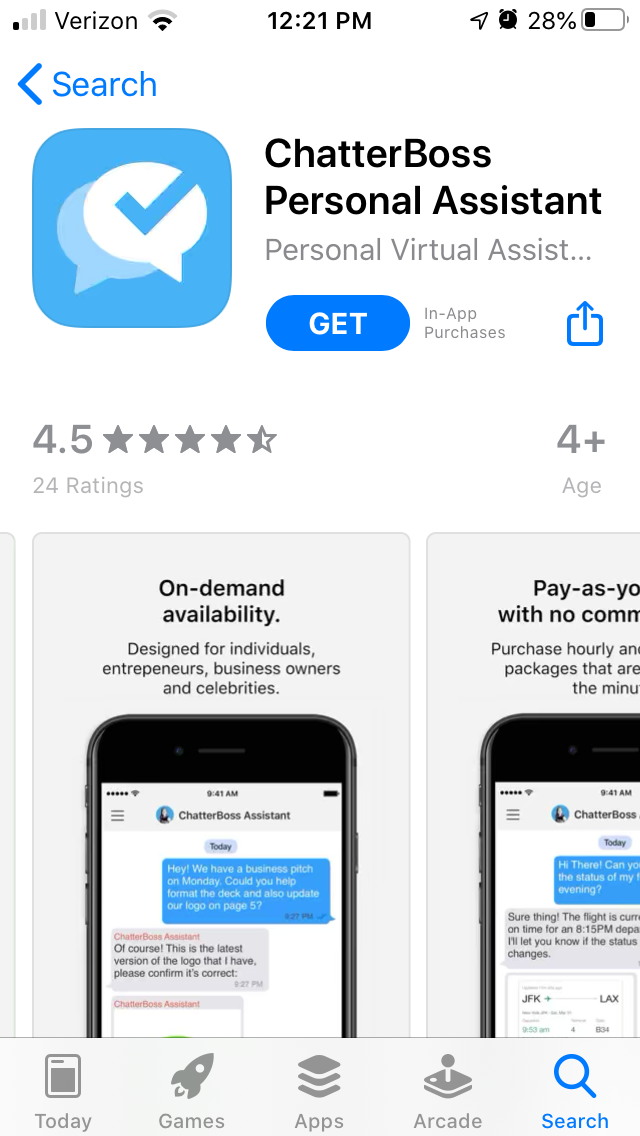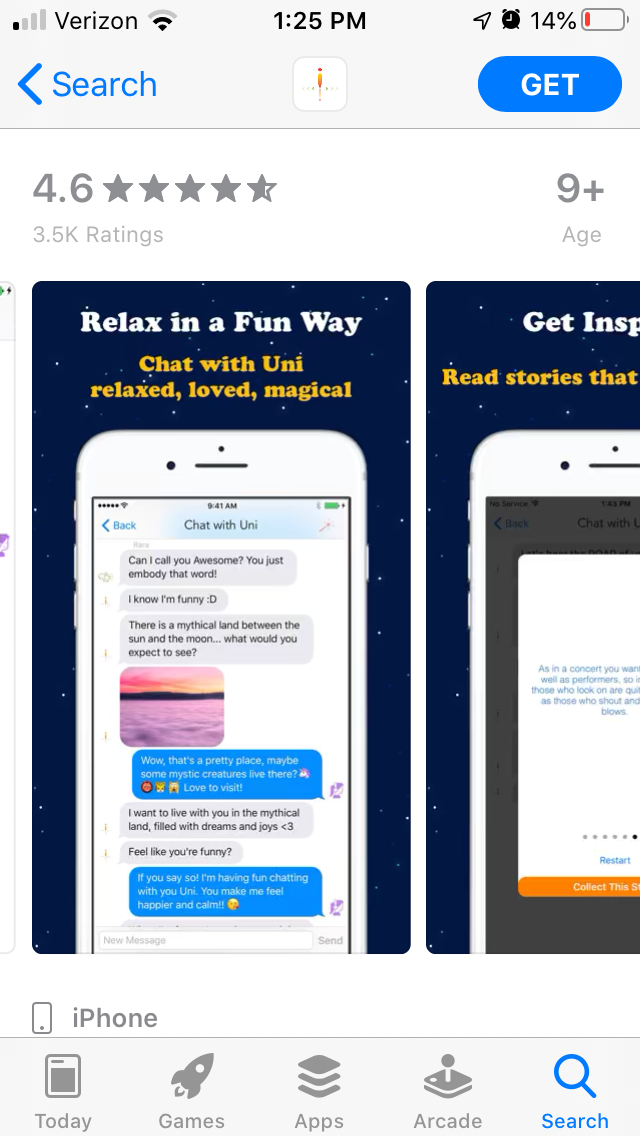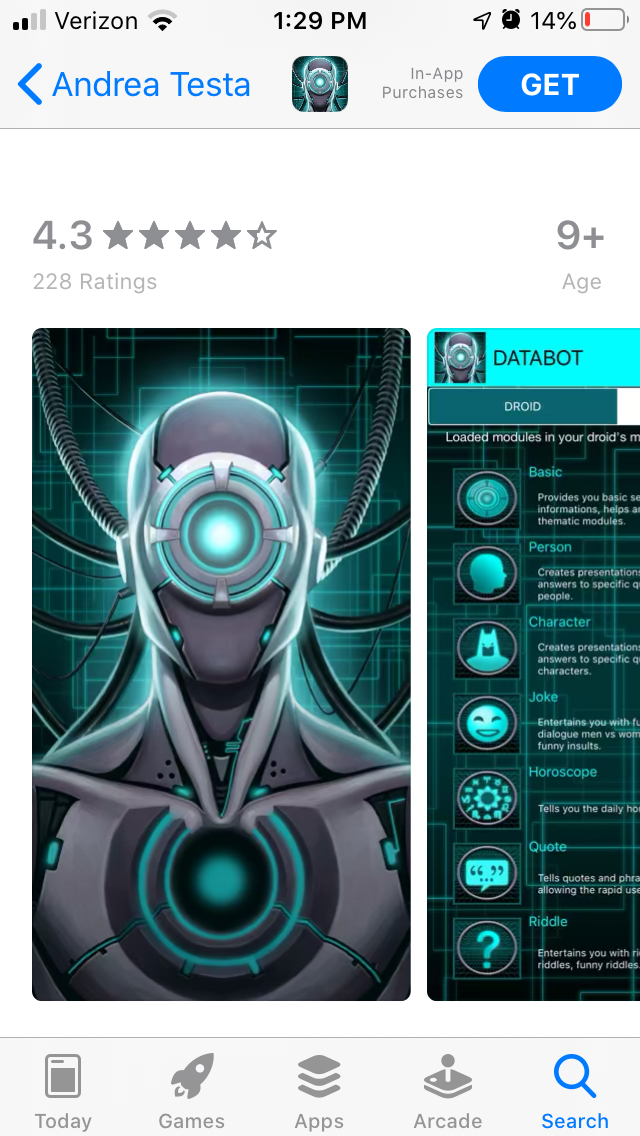
5 Best Practices for Apple Search Ads
Posted on July 3rd, 2024
Are you leveraging Apple Search Ads the right way? Take a look at these recommendations to optimize your paid campaigns and target the right users.

Chat bots and virtual assistants are helpful applications that can serve a wide number of purposes. From helping direct customers to friendly conversations with users, they’re utilized in several fields and in many ways. Chat bot and virtual assistant apps must therefore use App Store Optimization strategies that target the right users, drive conversions and help them stay competitive on the App Store and Google Play Store. With that in mind, here are several ASO strategies that chat bot app developers should know when designing their app marketing.
A vital aspect of ASO and app marketing is keyword optimization. In the case of chat bot apps, they should target keywords focused around both the app and the markets they’re designed for.
For instance, “ChatterBoss Personal Assistant” is an app designed for business owners and entrepreneurs. While it does have chat bot features, it targets a very different market than “MIM,” an AI chat app that learns via conversations. While the apps may be competing for keywords in the “AI” and “bot” spaces, they’ll also need to target different keywords for their specific uses.


For optimal app marketing, developers need to research keywords in their markets and the chat or virtual assistant space. Identifying valuable, relevant keywords that will help the app reach its target audience is essential. Otherwise, the app may only appear in general searches without reaching its specific market. ASO software can help identify high-volume keywords for app marketers to focus on.
One app marketing challenge that chat bot and virtual assistant apps encounter is designing engaging creatives for an app that primarily uses text-based conversations.
Well-designed creatives should be visually engaging while displaying in-app content. Using colors that perform well with the audience and bold callout text can enhance the creative sets, even if the in-app footage is just a text conversation.
For instance, “Uni – Magic AI Friend” uses a screenshot that includes text, emoji and photos to enhance the imagery. It’s backed up by callout text that presents the app’s value proposition and a background of a starry night sky.

If the app has distinct visual designs outside of the chat box, the creatives should include these. “DataBot Personal Assistant” includes an image of the app’s character and showcases the distinct design of the chat box.

Videos can also help with app marketing and conversion by showing the app in ways that static images cannot. Demonstrating the app’s responsiveness, voice and range of reactions can create a good impression on users.
As an example, “Replika: My AI Friend” features a video on the Google Play Store. This video shows a person chatting with the app, with the text from the chat appearing in bubbles beside her. Similarly, the therapy chatbot “Wysa” shows the chat screen beside an image of a user typing on the app.
These videos give users examples of how the apps work that demonstrate how they can help. As they use footage from outside of the app, they would not be allowed on the Apple App Store; videos there have to rely on in-app imagery only.

Chat and virtual assistant apps often face competition from built-in programs. For instance, iOS devices feature Siri, while Android phones have the “Ok Google” feature. Apps that want to compete with them must showcase what makes them a viable alternative to the pre-built options in their app marketing.
These distinguishing features should be included in the app’s store listing, including the description and screenshots.
Some apps attempt to do this by giving their virtual assistants animated icons, such as “My Virtual Assistant Julie.” The app’s screenshots include pictures of the assistant avatar alongside the chat functionality.
Apps that provide more functions than built-in virtual assistants have can call these out in their descriptions as well. “WhatsBot,” a chat bot for automatically responding to WhatsApp messages, differentiates itself by being built for WhatsApp conversations based on user settings. Its description delves into the different functionality it can provide that makes it stand out from competing apps.
App marketing and App Store Optimization can help an app stand out from the competition. If an app has something that makes it unique and a preferable alternative to built-in options, it needs to highlight that wherever applicable.
App Store Optimization is essential for app marketing, as each kind of app has unique challenges. For chat bot and virtual assistant apps, it’s important to research keywords relevant to the app’s functionality and the market it targets, create engaging screenshots that showcase the UI and stand out from built-in alternatives. With ASO, a chat bot app can start many new conversations.
Want more information regarding App Store Optimization? Contact Gummicube and we’ll help get your strategy started.

Are you leveraging Apple Search Ads the right way? Take a look at these recommendations to optimize your paid campaigns and target the right users.

Ghostly happenings are among us... and in your app listing too? If you aren't leveraging the power of app seasonality to make relevant tweaks to your store listing you're leaving precious engagement and conversions on the table.

Developers on the iOS App Store should plan in advance of the upcoming Holiday Schedule to allow enough time for apps to get approved during the busy holidays.